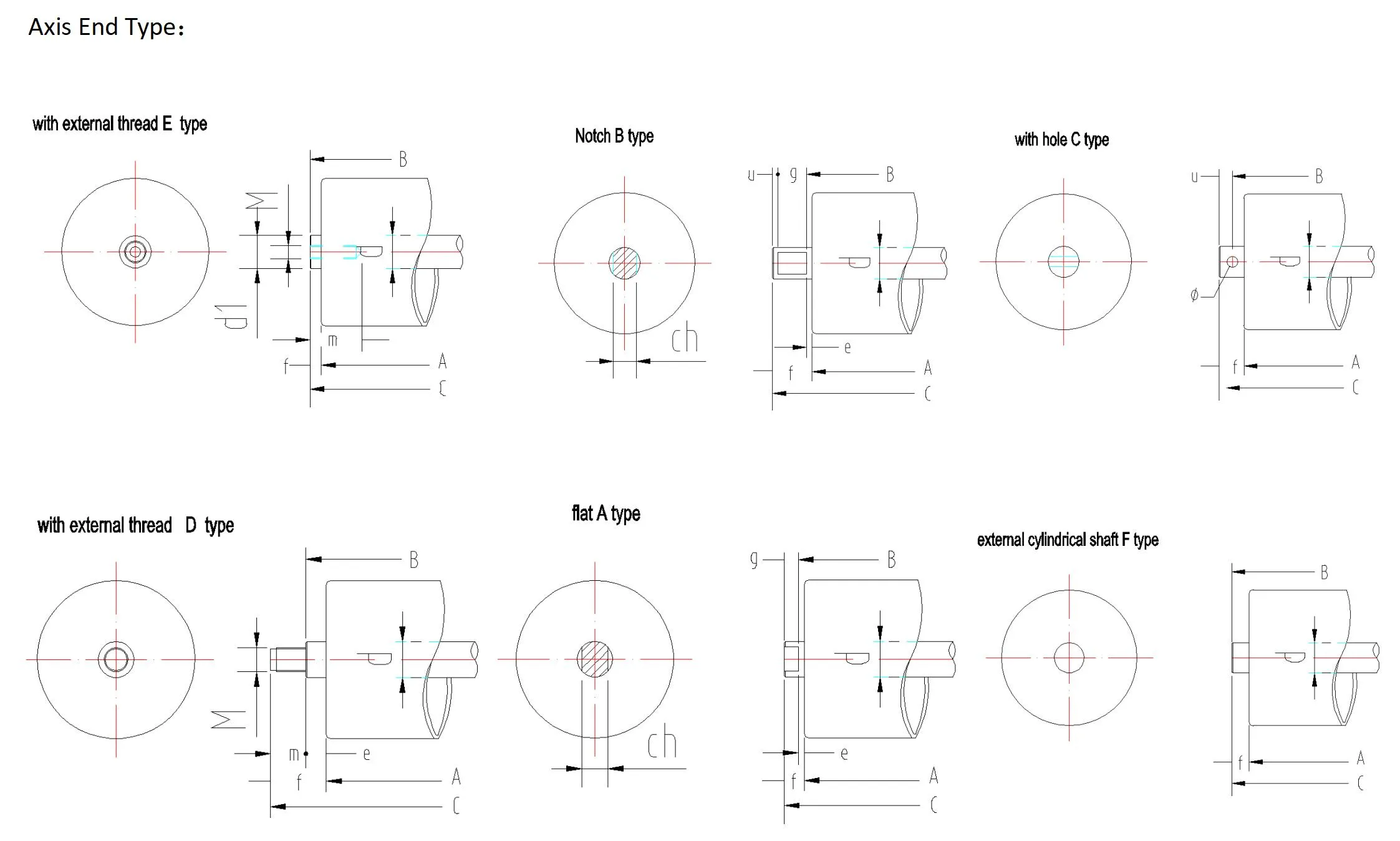 Afrikaans
Afrikaans  Albanian
Albanian  Amharic
Amharic  Arabic
Arabic  Armenian
Armenian  Azerbaijani
Azerbaijani  Basque
Basque  Belarusian
Belarusian  Bengali
Bengali  Bosnian
Bosnian  Bulgarian
Bulgarian  Catalan
Catalan  Cebuano
Cebuano  Corsican
Corsican  Croatian
Croatian  Czech
Czech  Danish
Danish  Dutch
Dutch  English
English  Esperanto
Esperanto  Estonian
Estonian  Finnish
Finnish  French
French  Frisian
Frisian  Galician
Galician  Georgian
Georgian  German
German  Greek
Greek  Gujarati
Gujarati  Haitian Creole
Haitian Creole  hausa
hausa  hawaiian
hawaiian  Hebrew
Hebrew  Hindi
Hindi  Miao
Miao  Hungarian
Hungarian  Icelandic
Icelandic  igbo
igbo  Indonesian
Indonesian  irish
irish  Italian
Italian  Japanese
Japanese  Javanese
Javanese  Kannada
Kannada  kazakh
kazakh  Khmer
Khmer  Rwandese
Rwandese  Korean
Korean  Kurdish
Kurdish  Kyrgyz
Kyrgyz  Lao
Lao  Latin
Latin  Latvian
Latvian  Lithuanian
Lithuanian  Luxembourgish
Luxembourgish  Macedonian
Macedonian  Malgashi
Malgashi  Malay
Malay  Malayalam
Malayalam  Maltese
Maltese  Maori
Maori  Marathi
Marathi  Mongolian
Mongolian  Myanmar
Myanmar  Nepali
Nepali  Norwegian
Norwegian  Norwegian
Norwegian  Occitan
Occitan  Pashto
Pashto  Persian
Persian  Polish
Polish  Portuguese
Portuguese  Punjabi
Punjabi  Romanian
Romanian  Russian
Russian  Samoan
Samoan  Scottish Gaelic
Scottish Gaelic  Serbian
Serbian  Sesotho
Sesotho  Shona
Shona  Sindhi
Sindhi  Sinhala
Sinhala  Slovak
Slovak  Slovenian
Slovenian  Somali
Somali  Spanish
Spanish  Sundanese
Sundanese  Swahili
Swahili  Swedish
Swedish  Tagalog
Tagalog  Tajik
Tajik  Tamil
Tamil  Tatar
Tatar  Telugu
Telugu  Thai
Thai  Turkish
Turkish  Turkmen
Turkmen  Ukrainian
Ukrainian  Urdu
Urdu  Uighur
Uighur  Uzbek
Uzbek  Vietnamese
Vietnamese  Welsh
Welsh  Bantu
Bantu  Yiddish
Yiddish  Yoruba
Yoruba  Zulu
Zulu The Importance of Industrial Urethane Rollers in Optimizing Production Efficiency and Performance
Industrial Urethane Rollers Versatility and Performance in Manufacturing
In the realm of industrial manufacturing, the choice of materials and components significantly impacts the efficiency and durability of production processes. One such critical component is the urethane roller. Urethane rollers are widely recognized for their versatility, robust performance, and exceptional durability, making them indispensable in various industrial applications.
Understanding Urethane Rollers
Urethane rollers are crafted from polyurethane, a synthetic polymer that exhibits remarkable resilience, elasticity, and abrasion resistance. These characteristics make urethane an ideal material for rollers used in diverse industries, including packaging, printing, materials handling, and conveyor systems. Unlike traditional rubber rollers, urethane rollers possess superior chemical resistance and can withstand harsher environments without degrading or losing performance.
Key Advantages of Urethane Rollers
1. Durability One of the standout features of urethane rollers is their longevity. They can endure extensive wear and tear without compromising their integrity, significantly reducing the need for frequent replacements. This durability translates into cost savings for manufacturers, as the overall downtime associated with roller maintenance and replacements is minimized.
2. Improved Grip and Traction Urethane rollers provide excellent grip, which is crucial in applications requiring precise material handling. Their coefficient of friction allows for effective movement control, reducing the chances of slippage during operation. This feature is particularly beneficial in environments where materials flow smoothly and continuously.
industrial urethane rollers

3. Customizability Another significant advantage of urethane rollers is their adaptability. Manufacturers can tailor the hardness, size, and shape of urethane rollers to meet specific operational requirements. This customizability ensures that businesses can achieve optimal performance, enhancing productivity and efficiency in their processes.
4. Chemical Resistance Urethane materials exhibit strong resistance to various chemicals, oils, and solvents. This characteristic allows urethane rollers to function effectively even in hazardous environments where exposure to harmful substances is likely. This resilience increases the versatility of urethane rollers, making them suitable for various applications that standard rubber rollers cannot handle.
5. Noise Reduction Urethane rollers tend to operate more quietly than traditional rollers, which can be advantageous in environments where noise reduction is paramount. This feature contributes to a more comfortable working atmosphere and can help comply with workplace noise regulations.
Applications in Various Industries
The industrial applications of urethane rollers are extensive. In the printing industry, they are used in press systems for transporting media accurately and consistently. In packaging, urethane rollers contribute to efficient product movement along conveyor belts, ensuring smooth transitions and preventing damage to sensitive packages. Moreover, in the materials handling sectors, these rollers play a vital role in guiding items through production lines, enhancing speed and reliability.
Conclusion
In summary, industrial urethane rollers are integral components that significantly enhance the performance and efficiency of various manufacturing processes. Their durability, superior grip, customizable nature, resistance to chemicals, and ability to reduce noise make them an exceptional choice over traditional roller materials. As industries continue to evolve, the demand for advanced materials like urethane will undoubtedly grow, solidifying the role of urethane rollers as essential tools in modern manufacturing. Manufacturers investing in urethane rollers can look forward to prolonged operational efficiency, increased productivity, and a competitive edge in their respective markets.
-
Revolutionizing Conveyor Reliability with Advanced Rubber Lagging PulleysNewsJul.22,2025
-
Powering Precision and Durability with Expert Manufacturers of Conveyor ComponentsNewsJul.22,2025
-
Optimizing Conveyor Systems with Advanced Conveyor AccessoriesNewsJul.22,2025
-
Maximize Conveyor Efficiency with Quality Conveyor Idler PulleysNewsJul.22,2025
-
Future-Proof Your Conveyor System with High-Performance Polyurethane RollerNewsJul.22,2025
-
Driving Efficiency Forward with Quality Idlers and RollersNewsJul.22,2025





























